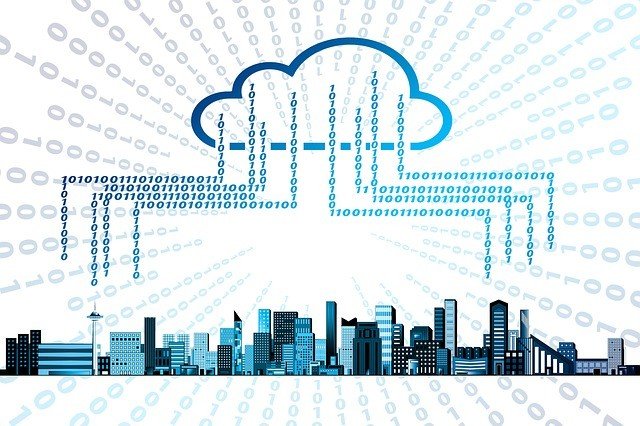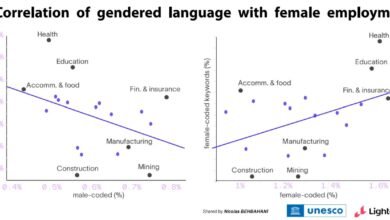
By | Jared Jaureguy
If you own a smartphone or have access to the Internet, you probably hear individuals throw around the word “cloud.” Tech firms usually refer to the cloud and storing data. Companies even trademark their versions of the cloud, like Apple’s iCloud storage and computing service.
In a world that makes technological advancements every day, here are several questions and answers that will simplify the concept of the cloud.
What is the Cloud?
According to the PCMag encyclopedia, the cloud is defined as hardware and software services from a provider on the Internet.
So, in much simpler terms, the cloud is the Internet and everything you access remotely on the Internet. The cloud acts as storage outside of your computer, as compared to a physical hard drive that stores data.
Back in the old days, you saved files and data on your computer’s internal hard drive or an external hard drive that plugged into a USB port. Now, everything exists in the cloud.
How Do I Use the Cloud?
Chances are, you already use the cloud every day. Most cloud services are readily available on any web browser, like Google or Safari.
If you have an email account like Gmail, you use the cloud. For example, your emails are not stored on your computer, they are stored in a cloud. You can access your email from any computer or device on the planet. You do not need one specific device or hard drive to access your emails.
Apple’s iCloud, Google Drive, and Microsoft OneDrive are examples of cloud systems that allow subscribers to easily share and save data on the Internet.
Popular cloud systems such as these are referred to as cloud storage. In brief, cloud storage allows users to store data on the Internet.
What Are The Benefits of the Cloud?
The cloud reliably and conveniently stores information. The cloud handles all types of files, from pictures, documents, and data spreadsheets. It makes it possible to share and send files to multiple people at once.
The cloud also acts as extra security for your files. If you lose your device, damage it, or somebody steals it, the cloud backs up your data to its server.
Cloud computing is another benefit of the cloud, especially for businesses. It is different from cloud storage, although the two concepts work together. Cloud computing provides businesses with fast communication, collaboration, and overall efficiency.
What is Cloud Computing?
Cloud computing transfers computing services such as databases, analytics, intelligence, and networks.
Cloud computing and cloud storage go hand in hand because data must be moved to the cloud before you start cloud computing. Once data is in the cloud, the data can be worked on, transformed, and sent back and forth between users.
For example, some cloud computing services allow subscribers to put data in software where it is worked remotely. There are no computer or device requirements, making work accessible.
There are two main differences between cloud computing and cloud storage. First, cloud storage focuses more on the individual rather than an organization. For example, individuals use Google Drive for personal documents. Cloud computing is used within businesses for innovation and communication.
Second, cloud storage utilizes storage space, and cloud computing uses more processing power. In other words, cloud computing permits data to be worked with, like data analytics. Cloud storage is simply a way for information to be stored and shared.
How Do I Improve the Cloud?
5G technology is the newest way to improve your cloud and cloud computing. 5G refers to the next generation of network technology, promising faster speeds and overall networking power. So, the technology in 5G network architecture is the latest advancement.
Your smartphone currently has 4G LTE technology, and wireless alarm systems have 3G technology. The “G” following the numbers represents “generation.”
5G technology offers shorter processing times of computer data over networks, faster communication of data, and more powerful capacity overall.






